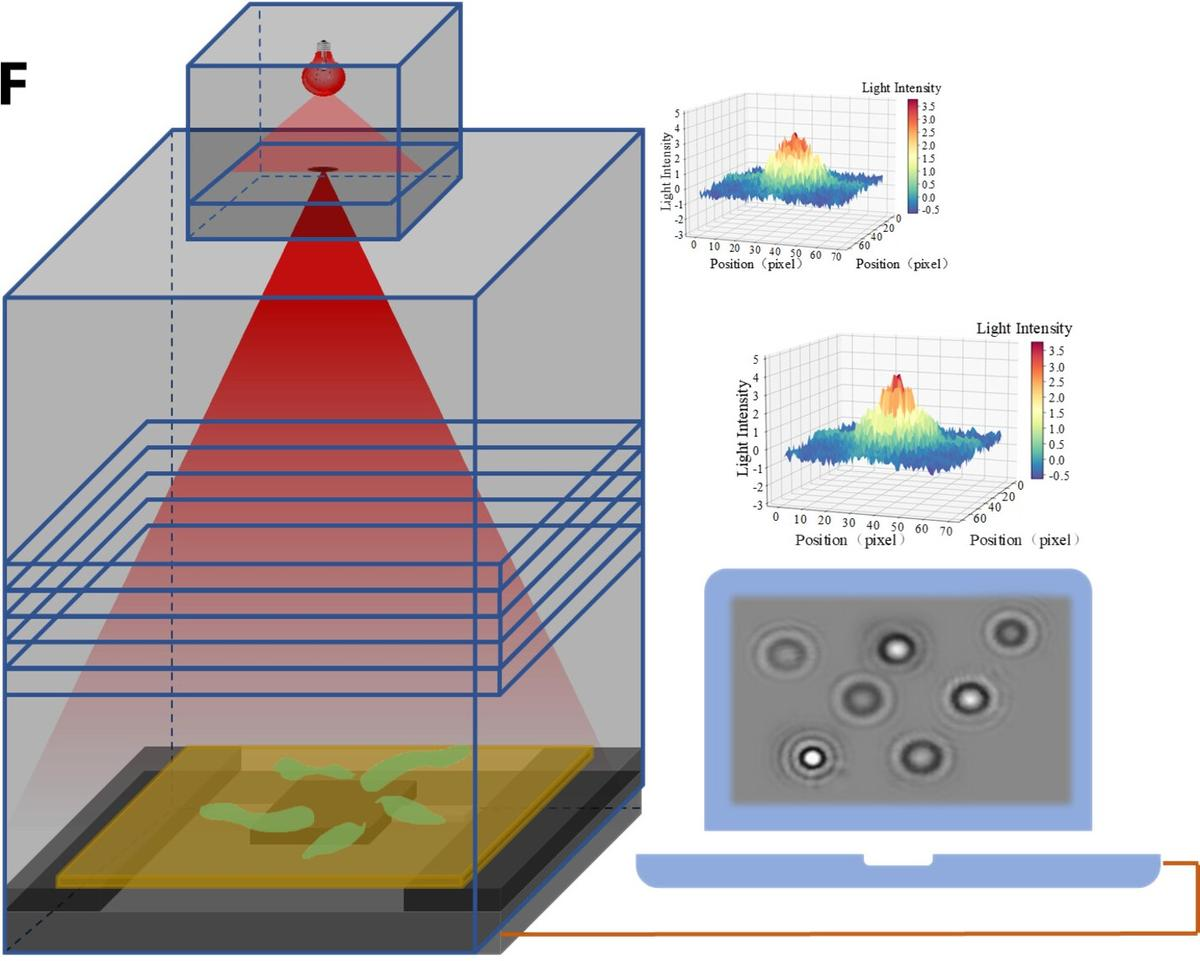Rapid Fire
Diffraction-Based Tool to Detect Virus
- 04 Jun 2024
- 2 min read
Researchers have developed a method to identify infected cells by observing how they distort light.
- They tracked these distortions over time to mimic a progressing infection and compared them to healthy cells, identifying a unique 'fingerprint' for virus-infected cells.
- Researchers infected pig testicle cells with the pseudorabies virus, shone light through them, and observed distinct diffraction patterns based on contrast and texture.
- Diffraction refers to light waves spreading out after passing through narrow openings or around objects, creating patterns of light and dark stripes.
- The light-based technique detects infections in about two hours, costing a tenth of the required for traditional 40-hour chemical reagent methods, and avoids reagent-related delays and supply chain issues.
- The low cost and ease of use of the light-based detection method make it ideal for the early identification of viral infections in livestock and pets, aiding in breeding, preventing economic losses during outbreaks, and supporting the World Health Organization’s (WHO) rapid response recommendations, especially in resource-limited countries.
- Earlier, scientists have developed a highly accurate holographic imaging method using laser beams to detect viruses and antibodies within 30 minutes, utilizing xSight, an instrument by Spheryx.





